A recent article in the American bankruptcy Journal shows the success rates of chapter 13’s filed by debtors who filed Chapter 13 without the guidance of a bankruptcy attorney. The difference between those who filed with an attorney and those who didn’t are striking. Moreover, when three other considerations are taken into account, the probabilities of success are slim indeed.
The study used a sample of 123,185 chapter 13 cases across the country. The four criteria considered were:
- Did the debtor have an attorney?
- Was it a joint case including husband-and-wife?
- Were the filing fees paid in full at the time of the filing?
- Was there a prior filing for either party?
The results for those filing without an attorney showed successful results ranging from .05% (Yes, that’s less than 1%!), to as high as 14.8%. The high number was limited to first-time filers filing without an attorney, where both husband and wife were filing, and filing fees were paid in full at the time of the filing.
Interestingly enough, the study also indicated that even under the best of circumstances, filing with an attorney resulted in a success range of 31.8% to only 52.7%. (A small segment fitting in between the high and low ranges in the study were omitted for space-saving in this article).
More interesting, is that when the entire sample was considered, less than 40% of all chapter 13 cases resulted in a successful outcome. For purposes of the study a successful outcome meant that the debtor had successfully completed the payment plan and ultimately received a discharge.
Clearly, chapter 13 is not all it is purported to be, and in the vast majority of cases provides only temporary relief from overwhelming debt and the accompanying onslaught of creditor harassment that drives people to seek bankruptcy relief in the first place
This is why it almost every case, chapter 7 should be carefully considered with the help of a bankruptcy attorney. Most people are amazed when they learn that chapter 7 does not mean the loss of assets they have spent a lifetime accumulating; nor the end of life as they know it. In fact, if properly done, Chapter 7 provides far better solutions than ill-conceived chapter 13’s.
There are many factors to be considered but without a complete assessment, debtors may be wasting their time and money when filing Chapter 13 without guidance and a complete picture of likely results in both 13 and 7.


